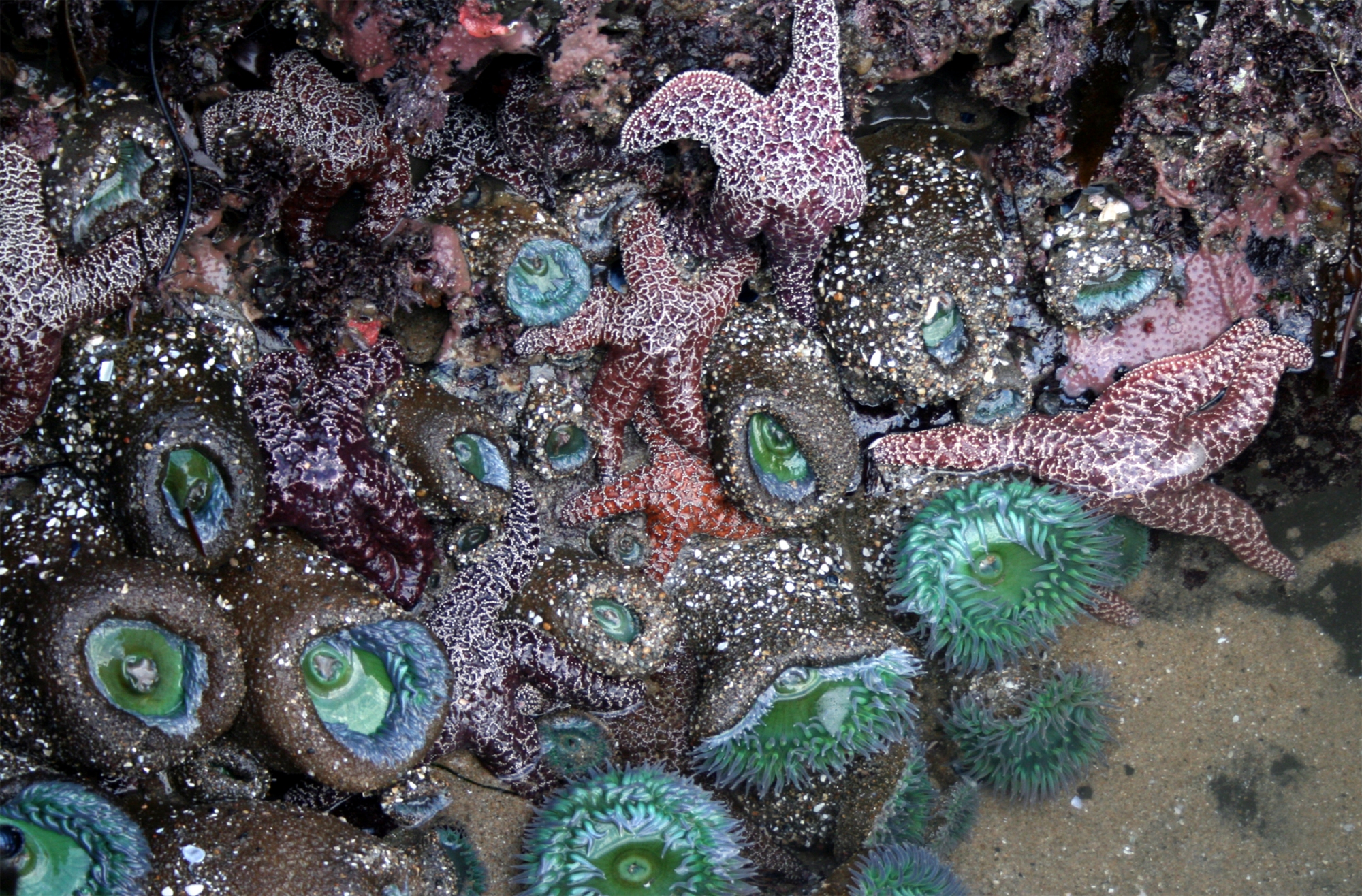
An Indian research team has made a groundbreaking discovery in marine biology, shedding new light on deep-sea ecosystems and the organisms that inhabit them. This discovery promises to expand our understanding of marine biodiversity and offers exciting new avenues for research in the field of oceanography.
Key Aspects of the Marine Discovery
Discovery of New Species
The research team uncovered several new species of marine life during an expedition to unexplored areas of the deep sea. Using advanced underwater technology, the team captured detailed images and collected samples of previously unknown organisms. These species exhibit unique adaptations that allow them to survive in the extreme conditions of the ocean’s depths.
Unprecedented Ecosystem Insights
In addition to discovering new species, the team made significant observations about the deep-sea ecosystem. They found new relationships between organisms, including symbiotic behaviors and nutrient cycles, that were previously undocumented. These findings provide important clues about how deep-sea life sustains itself in such a harsh environment, where sunlight does not penetrate and food sources are scarce.
Use of Cutting-Edge Technology
The research team utilized state-of-the-art technology, including remotely operated vehicles (ROVs) and deep-sea submersibles, to explore regions of the ocean that had never been studied. These tools allowed them to reach depths previously inaccessible to scientists and provided a clearer understanding of deep-sea habitats. High-resolution cameras and sensors captured real-time data on temperature, pressure, and chemical composition, giving the team valuable insights into the environment where these new species thrive.
Impact on Marine Science
Advancing the Study of Deep-Sea Biology
This discovery represents a major step forward in the study of deep-sea biology. The new species and ecosystem insights will help marine biologists develop a more complete picture of life in the ocean’s most extreme environments. This research will also inform future studies on how marine organisms adapt to changes in their environment, including the impacts of climate change.
Potential for Medical and Industrial Applications
Several of the newly discovered species possess unique biochemical properties that may have potential applications in medicine and industry. For example, enzymes and proteins from deep-sea organisms could lead to the development of new drugs or industrial processes that function under extreme conditions. The discovery could open new doors for biotechnology research, with far-reaching implications for health and manufacturing sectors.
Collaboration with International Marine Research
The Indian research team’s findings have sparked interest among marine scientists globally. Their discovery will foster international collaborations aimed at further exploring the deep sea and understanding its complex ecosystems. By sharing data and resources, the global marine biology community can build on this work to make even more significant discoveries.
Next Steps for Research
Further Exploration of Deep-Sea Ecosystems
Following this discovery, the research team plans to conduct additional deep-sea expeditions to explore other unexplored regions of the ocean. These missions will seek to identify more new species and deepen our understanding of the deep-sea environment. The team is also looking into the long-term impacts of human activities, such as deep-sea mining and pollution, on these delicate ecosystems.
Ongoing Studies on Adaptations and Survival Mechanisms
Researchers will continue to study the unique adaptations of the newly discovered species, such as their ability to withstand extreme pressure and temperature conditions. Understanding these survival mechanisms could provide important clues about how life might exist in other extreme environments, such as on distant planets or moons with similar conditions.
Conclusion
The Indian research team’s major discovery in marine biology marks a pivotal moment in the exploration of Earth’s oceans. By uncovering new species and deepening our understanding of deep-sea ecosystems, this research opens the door to new scientific, medical, and industrial advancements. As the team continues their work, they will likely make further contributions to the field of marine biology and help shape the future of oceanographic research.
Unlock your winning streak at 3k.top Casino—where every spin counts!






